Speaking at the workshop, Associate Professor, Dr. Nguyen Dao Tung, Director of the Academy of Finance, emphasized: "In the process of national development, the private economy has gradually affirmed its role and is an important driving force of the economy." According to him, the timely policies and guidelines of the Party have created a strong driving force for the development of this sector. Specifically, Resolution No. 10-NQ/TW of the 5th Central Conference of the 12th term and especially Resolution 68-NQ/TW, are considered a strong affirmation of the key role of the private economy.
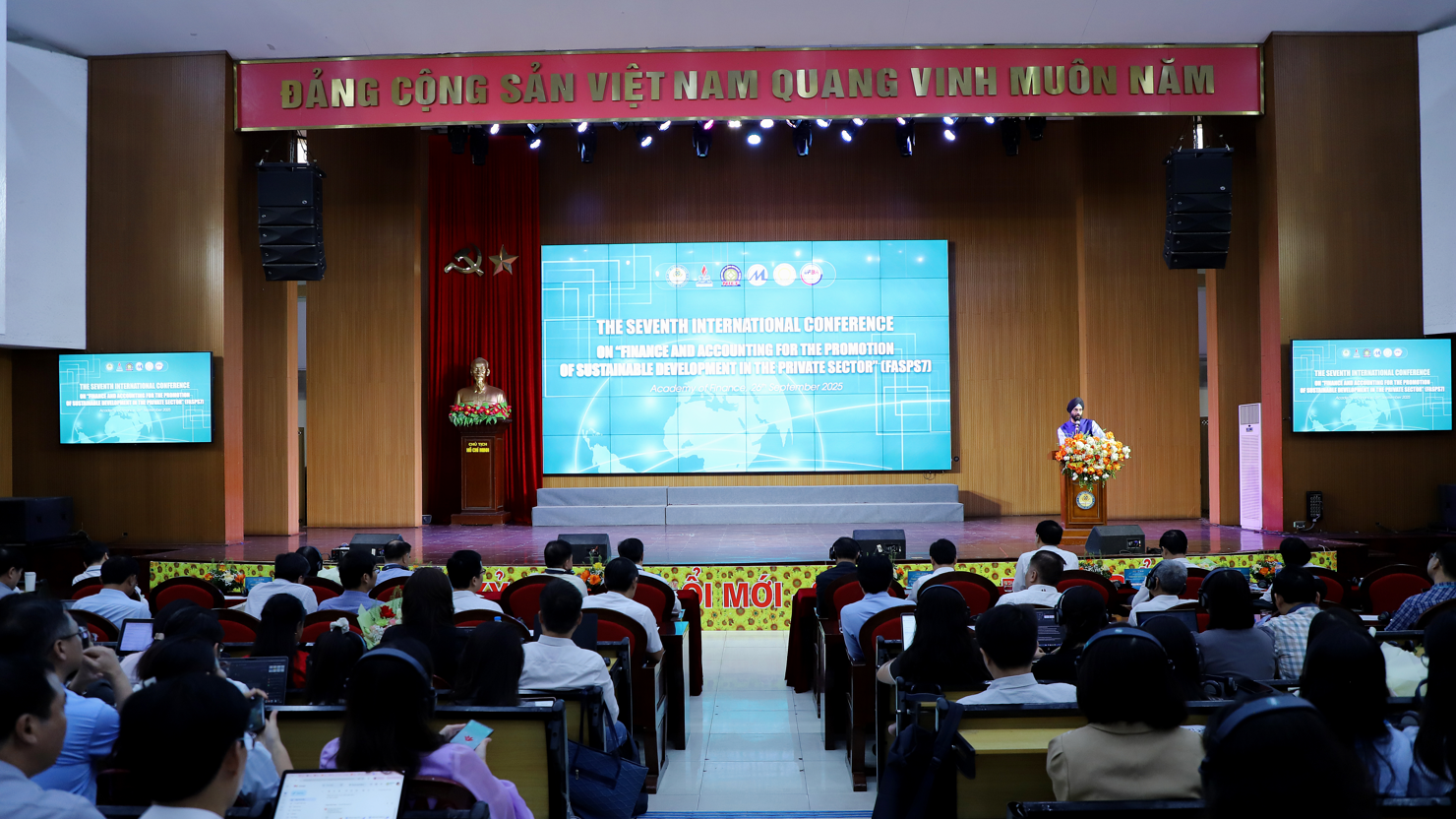 |
| Conference scene. (Photo: Finance Magazine) |
Practice after nearly 40 years of renovation has proven the increasingly important role of the private economic sector. Currently, the country has more than 940,000 operating private enterprises and more than 5 million individual business households. This sector contributes about 50% of GDP, 30% of total budget revenue and creates more than 80% of jobs for the whole society. Vietnam aims to have more than 2 million enterprises by 2030, of which at least 20 large enterprises participate in the global value chain.
However, the development of the private economic sector still faces many limitations and challenges. Therefore, the FASPS7 Workshop focused on in-depth discussions on solutions to overcome difficulties and create momentum for development. The organizing committee received more than 180 articles and selected 168 quality articles to be included in the proceedings.
In addition to affirming the role of the private sector, the conference also provided an international perspective on the path to sustainable development. Associate Professor, Dr. Kanitsorn Terdpaopong, Associate Professor of Accounting, Director of the Master's Program in Accounting, Rangsit University, Thailand, said that the key to sustainable development lies in the "decoupling" between GDP growth and resource consumption. According to him, this is a measure showing that an economy has escaped the orbit of "development at all costs".
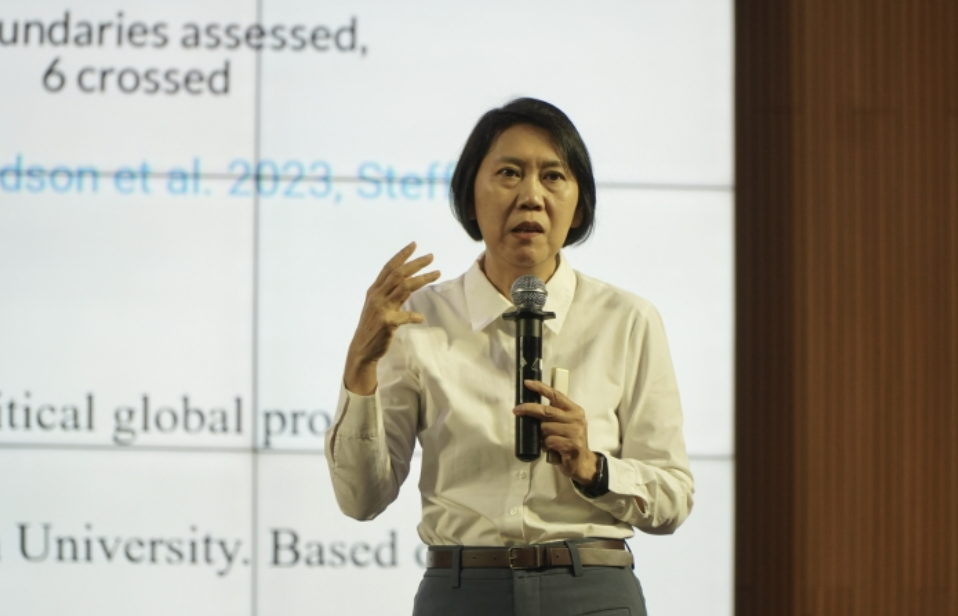 |
| Associate Professor, Dr. Kanitsorn Terdpaopong speaking. (Photo: Industry and Trade Newspaper) |
To achieve this goal, Associate Professor, Dr. Kanitsorn Terdpaopong recommends that countries need to promote the circular economic model, invest in green technology and transition to clean energy. In terms of policy, measures such as carbon taxes or requirements for disclosure of sustainability reports (ESG) will create incentives for businesses. Although the initial investment costs may be high, the long-term benefits in terms of performance, brand reputation and the ability to attract capital are outstanding.
Associate Professor, Dr. Kanitsorn Terdpaopong also emphasized the role of the state in creating a legal framework, providing green credit and supporting businesses. For Vietnam, realizing the commitment to net zero emissions by 2050 requires promoting renewable energy and transforming the economic model. He concluded that long-term investment in sustainable development is the only way to ensure safety for the planet and the future.
The discussion sessions proposed many specific solutions and policy recommendations. The main contents included improving the laws on tax, accounting, and auditing; and enhancing the transparency of financial information of enterprises. In addition, experts also emphasized the importance of promoting the training of high-quality financial and accounting human resources, promoting access to capital, and linking scientific research with business management practices. The workshop is expected to unlock resources and create new development space for the Vietnamese private economic sector.
Source: https://thoidai.com.vn/kinh-te-tu-nhan-dong-luc-quan-trong-cho-su-phat-trien-ben-vung-216566.html









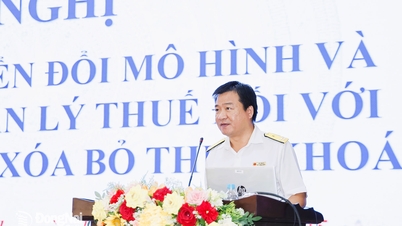

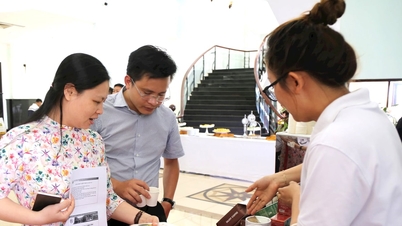











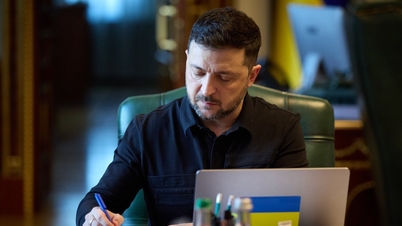









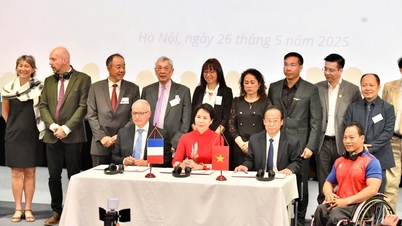
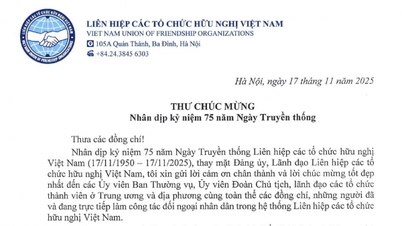
















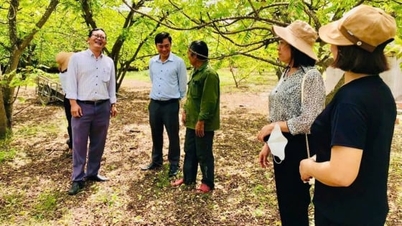




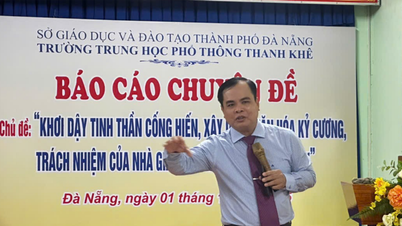







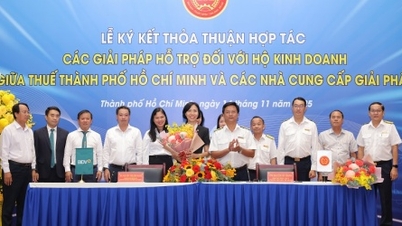

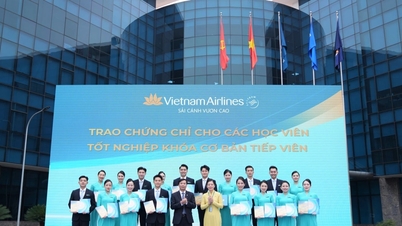

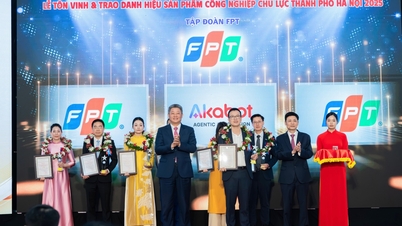











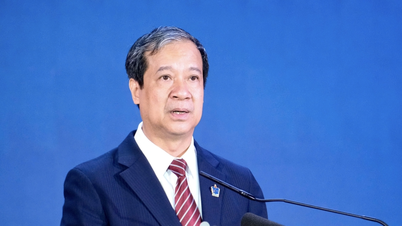



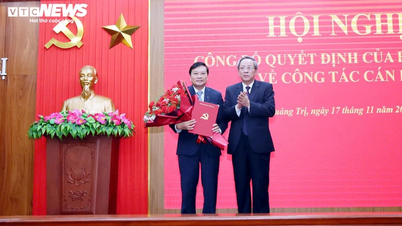

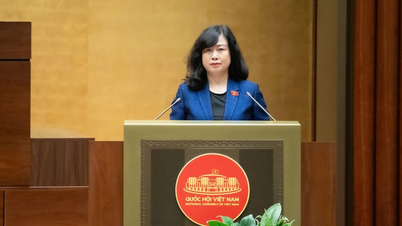
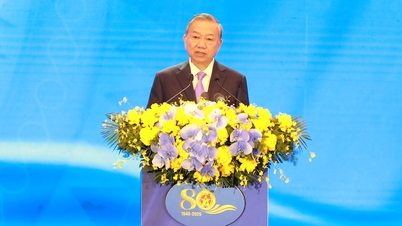



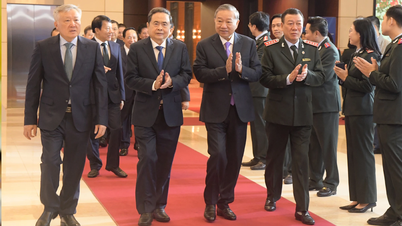


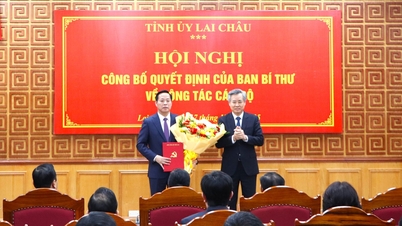



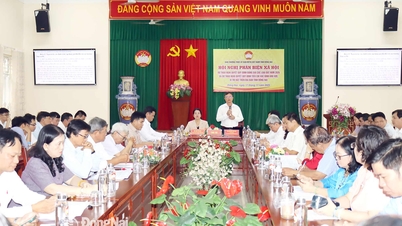

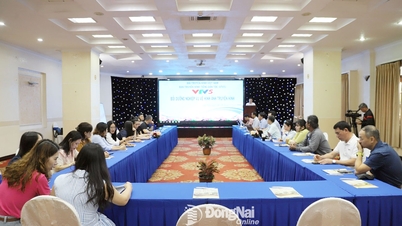












Comment (0)